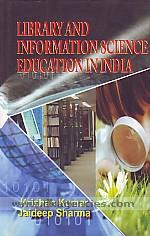What's making news then?
Amazon Vs. Google: Who Will Win E-Book War? "Google's (NasdaqGS: GOOG) launch of e-book store has put the search giant in direct competition with market leader Amazon (NasdaqGS: AMZN), unfolding an interesting rivalry in the coming days."
Excellent comparative review is by Doug Thompson: See the 'Missing Features on Google eBooks app' + 'Strengths of Google eBooks over Amazon Kindle' at Doug Thompson's site
What are the impressions of the Librarians? One example is here, and it is by Tom Peters, and his interesting insights are:
First Impressions on Google's New Bookstore:
"Then I let my digits do some walking and did some comparison shopping for a few books on my wish list. Stanislas Dahaene’s 2009 book, Reading in the Brain, sells for $9.99 both in the Google ebookstore and as a Kindle edition. The Kindle edition of No Shelf Required sells for $46.80 (ouch); the Google ebookstore has a list price of $41.60. You Are Not a Gadget is $9.99 for the Kindle edition, but only $9.48 at the Google ebookstore." continue reading Tom Peters' First Impressions on Google's New Bookstore @ ALA TechSource
On the same shelf:
 Available @ Amazon.com
Available @ Amazon.com







 More about (my new home) Google sites and the old home, READ
More about (my new home) Google sites and the old home, READ